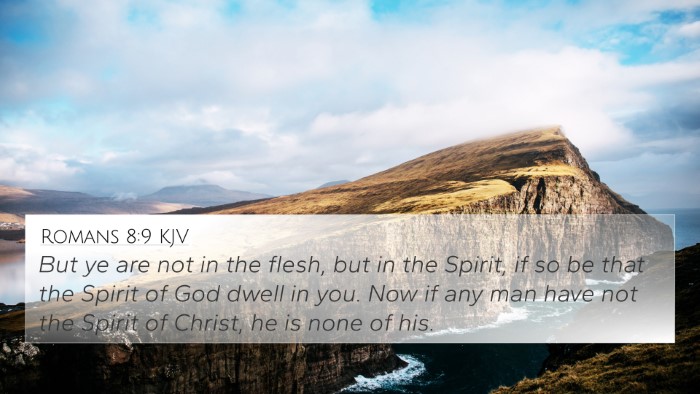Understanding Matthew 25:4
Matthew 25:4 states, "But the wise took oil in their vessels with their lamps." This verse is part of the Parable of the Ten Virgins, which emphasizes the importance of being prepared for the coming of the Bridegroom. In this summary, we will explore the insights from various public domain commentaries, including those by Matthew Henry, Albert Barnes, and Adam Clarke, to gain a deeper understanding of this scripture.
Context of Matthew 25:4
This verse comes from a parable told by Jesus, wherein ten virgins awaited the arrival of a bridegroom. Five were considered wise because they brought extra oil for their lamps, while the other five were foolish for not being prepared. The central theme of this parable revolves around readiness and the consequences of neglecting to prepare for the inevitable return of Christ.
Interpretations from Commentaries
-
Matthew Henry:
Henry emphasizes the character of the wise virgins who are diligent and prudent. He suggests that the oil represents the grace and the Holy Spirit that believers should cultivate in their lives. This readiness signifies not just a momentary act of faith but a continued relationship with God.
-
Albert Barnes:
Barnes notes that the oil can symbolize good works and the importance of being spiritually prepared. He highlights the necessity of personal responsibility in one’s spiritual journey, illustrating that one cannot rely solely on the faith of others.
-
Adam Clarke:
Clarke interprets the vessels as representing the hearts of the virgins, which must be filled with the Holy Spirit to shine brightly. His commentary points out that the parable warns against complacency and encourages vigilance in maintaining spiritual oil through prayer, Scripture study, and good deeds.
Key Themes
- Preparation: The central message is about being prepared for the Lord's return.
- Spiritual Readiness: Highlights the need for spiritual depth and the importance of nurturing one's faith.
- Personal Responsibility: Each individual must take charge of their spiritual state and cannot rely on others.
- Consequences of Neglect: Failure to prepare can lead to exclusion from the wedding feast, symbolizing eternal separation from God.
Cross-References to Matthew 25:4
- Exodus 27:20: Instructions for the oil for the lamps in the tabernacle, symbolizing the importance of keeping the light burning.
- Matthew 24:42: A call to watchfulness because no one knows the hour of Christ's return.
- 1 Thessalonians 5:6: Encouragement to be alert and not asleep during spiritual times.
- Luke 12:35-36: A similar instruction to be ready for the master’s return at an unexpected hour.
- Proverbs 21:20: Wisdom is often linked to storing precious resources, akin to the oil prepared by the wise virgins.
- Revelation 19:7-8: The wedding of the Lamb where the prepared are rewarded, connecting the parable's themes to eschatology.
- Romans 13:11-12: A reminder to awaken from sleep and be ready as salvation is nearer than when we first believed.
- 2 Timothy 4:5: A charge to be vigilant and fulfill one's ministry, highlighting the importance of preparedness.
- Hebrews 10:25: Encouragement to not neglect meeting together, as a way to encourage preparedness among believers.
- Philippians 2:12: Working out one's salvation with fear and trembling signifies personal responsibility in spiritual readiness.
Practical Application
To apply the teachings of Matthew 25:4 in our lives today, consider the following points:
-
Daily Spiritual Practices: Engage in regular prayer, Bible reading, and community worship to fill your spiritual vessel.
-
Assessing Preparedness: Regularly reflect on your spiritual state and take steps to ensure you are ready for Christ’s return.
-
Encouraging Others: Share this message with those around you, helping them to prepare spiritually as well.
-
Living with Purpose: Focus on good works as a reflection of your faith and preparedness, acting as a light in the world.
Conclusion
Matthew 25:4 not only instructs believers on the importance of preparation but also encourages a deep, abiding relationship with God through faith and good works. By understanding the parable and its themes, we can become more vigilant in our spiritual lives and better prepared for the return of our Savior. The cross-referenced verses enhance our understanding by providing additional context and depth to the message portrayed in this passage.












